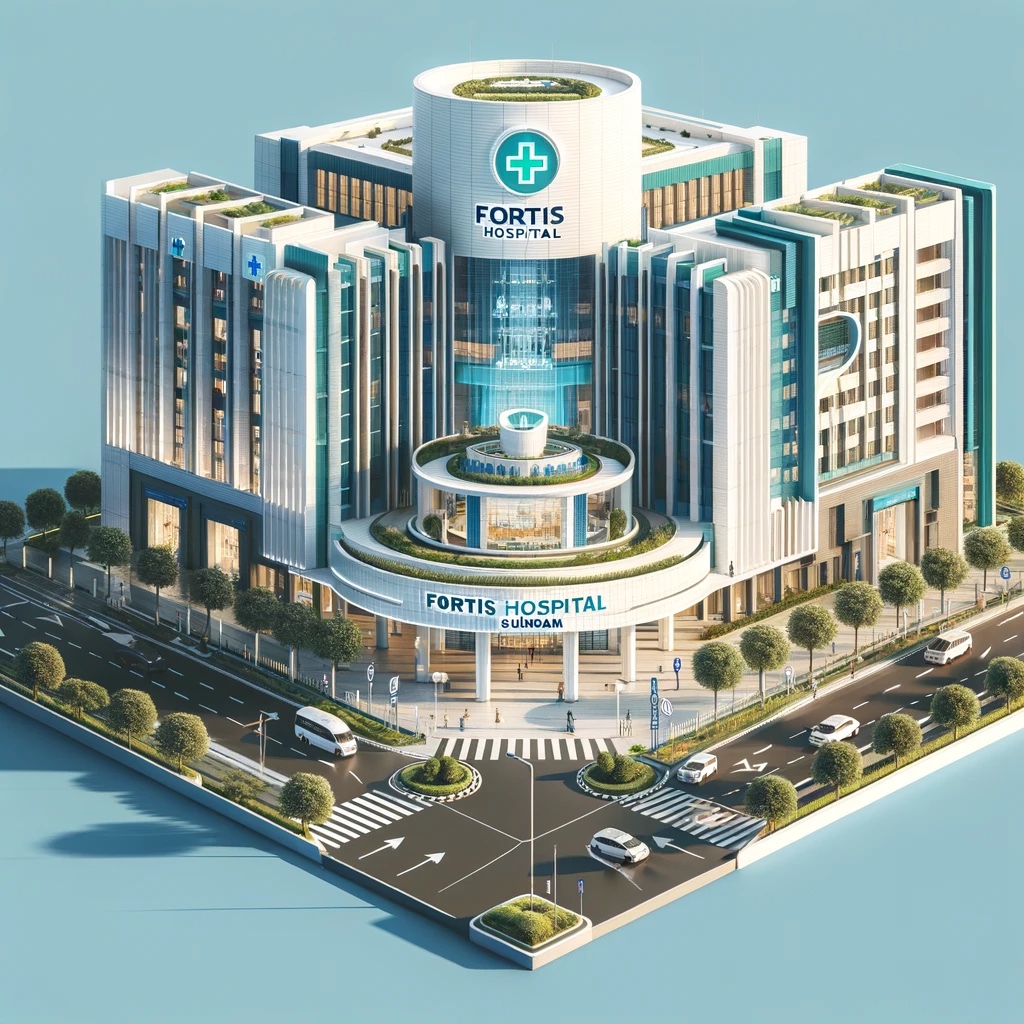Neuro-Spine
Neurology is the branch of medicine that deals with the study and treatment of nervous system disorders. The nervous system itself is composed of the central nervous nervous system and the peripheral nervous system. The central nervous system is the brain and the spinal cord, while the peripheral nervous system is composed of all the other nerves and sensory receptors in the sense organs (such as the eyes, ears, skin etc.).
A doctor who specialises in neurology is called a neurologist, and surgeons who perform surgeries related to neurology are called neurosurgeons.
Why should you see a neurologist?
You may need to consult a nephrologist if you are facing organic conditions of the brain, spinal cord, muscles, and the nervous system. Neurologists assist the patients by examining the signs and conditions that have affected their mental state.
Here are six signs that tell it is time to visit neuro specialty hospital:
Chronic headaches
If you have migraine pain, you should probably make an appointment with a neurologist especially if the symptoms are associated with neurological disorders.
Chronic pain
When pain in your muscles prolongs for more than 10 weeks and your primary care cannot help manage it, you should consider visiting a neurologist.
Dizziness
Vertigo(feeling like your head is spinning) or having difficulty keeping your balance could also point to some serious neurological disorder.
Numbness or tingling
Numbing or tingling sensation on one side of the body for a prolonged time that often comes and goes suddenly can be because of a stroke or some serious condition.
Movement condition or imbalance
Difficulty walking because of imbalance or staggering and unintentional jerks all shows up some serious neurological disorders.
Our neurologists are experienced in treating patients with neurological disorders and diseases including:
- Autism, learning disabilities
- Epilepsy, dizziness and fainting
- Chronic tension or stress-related headache, migraine
- Persistent backache and spine problems
- Short-term memory loss and dementia
- Parkinson’s disease, cerebral stroke
- Cancers and tumours
- Meningitis or brain fever
- Sleep apnoea, semi-somnia, insomnia (sleep disorders)
- Nerve-related issues (stress and nervous tensions) and trauma cases
Top Hospital for Neuro & Spine Surgery
Top Doctors for Neuro & Spine Surgery
Types of Neurology
Lumbar punctur
Your neurologist may use a lumbar puncture to test your spinal fluid. They may recommend the procedure if they believe your symptoms are caused by a problem in your nervous system that can be detected in your spinal fluid.
The procedure involves inserting a needle into the spine after numbing it and taking a sample of spinal fluid.
Tensilon test
This procedure can help your neurologist diagnose myasthenia gravis. In this test, your doctor injects you with a medicine called Tensilon. Then they observe how it affects your muscle movements.
Electromyography (EMG)
An EMG measures electrical activity between your brain or spinal cord to a peripheral nerve. This nerve is found in your arms and legs, and is responsible for muscle control during times of movement and rest.
EMGs can help your neurologist diagnose spinal cord disease as well as general muscle or nerve dysfunction.
During this test, your neurologist-technician inserts small electrodes into your muscles to help measure activity during periods of movement and rest. Such activity is recorded by a machine attached to the electrodes with a series of wires, which may be somewhat uncomfortable.
Procedure Details
Craniotomy
A craniotomy is the surgical removal of part of the skull to gain access to the brain. With the guidance of computers and imaging to reach the precise location within the brain, special tools are used to remove the section of bone called the bone flap. The bone flap is temporarily removed then replaced once the surgery is complete. A craniectomy is a similar procedure where a portion of the skull is permanently removed or replaced later during a second surgery
VP Shunt
A ventriculoperitoneal (VP) shunt is a thin plastic tube that helps drain extra cerebrospinal fluid (CSF) from the brain. CSF is the saltwater that surrounds and cushions the brain and spinal cord.
What you can expect
Before the procedure
Before brain surgery, you’ll have a preoperative assessment and a variety of preoperative tests. You may also need to take or stop taking certain medications. Other aspects of preparation involve instructions on food, drink, and hygiene.
Brain surgery refers to any type of surgical procedure that’s done on your brain. There are many reasons why a person may need brain surgery. Some examples include:
- removing a brain tumor, blood clot, or arteriovenous malformation
- addressing a brain bleed
- repairing a brain aneurysm
- managing hydrocephalus
- treating a serious head injury
- managing epilepsy that’s resistant to medications
- placing electrodes for deep brain stimulation, which may be used to treat conditions such as Parkinson’s disease and epilepsy
If brain surgery is recommended for you, it’s normal for many questions to come to mind. Below, we’ll explore what to expect as you prepare for brain surgery.
Before your surgery, you’ll undergo a preoperative assessment. This may be done in person, over the telephone, or via a video call. During your preoperative assessment, you’ll discuss things such as:
- your medical history, which includes what other health conditions you have
- the types of neurological symptoms you’re experiencing, including:
- how often they occur
- how severe they are
- how they’re managed
- the types of and dosages of any medications, both prescription and over the counter (OTC), and supplements
You’ll need to have preoperative tests as well. The goal of these tests is to evaluate your overall health and find any factors that could lead to risks during your surgery. Examples of preoperative tests that may be done include:
Finding a match
Neurosurgery is a highly competitive residency field with a match rate lower than that of other specialties. The aim of this study was to analyze trends associated with the residency match process from the applicants’ and program directors’ perspectives.
During the procedure
- During the procedure, your surgeon will use a special type of X-ray to make sure of the correct location. Your surgeon will first insert a wire into the intervertebral space. Your surgeon will push a slightly larger tube over this wire. Then your surgeon will push a second, larger tube over that one.
- Spinal surgery involves a wide spectrum of procedures during which the spinal cord, nerve roots, and key blood vessels are frequently placed at risk for injury. Neuromonitoring provides an opportunity to assess the functional integrity of susceptible neural elements during surgery.
After the procedure
- Immediately after a brain surgery is done, doctors will be monitoring you to see if everything is working fine or not. You will generally be seated in a raised posture to avoid swelling of your face. The period of your stay in the hospital can last up to a week. However, how long you have to stay depends on the type of procedure.
Results
There are a variety of reasons that you may need brain surgery. Some examples include removing a brain tumor, repairing an aneurysm, or addressing a severe head injury.
If you’re having brain surgery, you may be curious about what happens afterward. Below, we’ll cover what to expect both immediately following your surgery and when you go home, as well as tips for recovery.
Neuro & Spine success rates
- The success rate of spine operations varies depending on several factors, including the specific procedure performed and the surgeon’s experience. On average, only 90% of spine operations are considered successful, meaning that 40% of patients do not experience the desired outcome.









